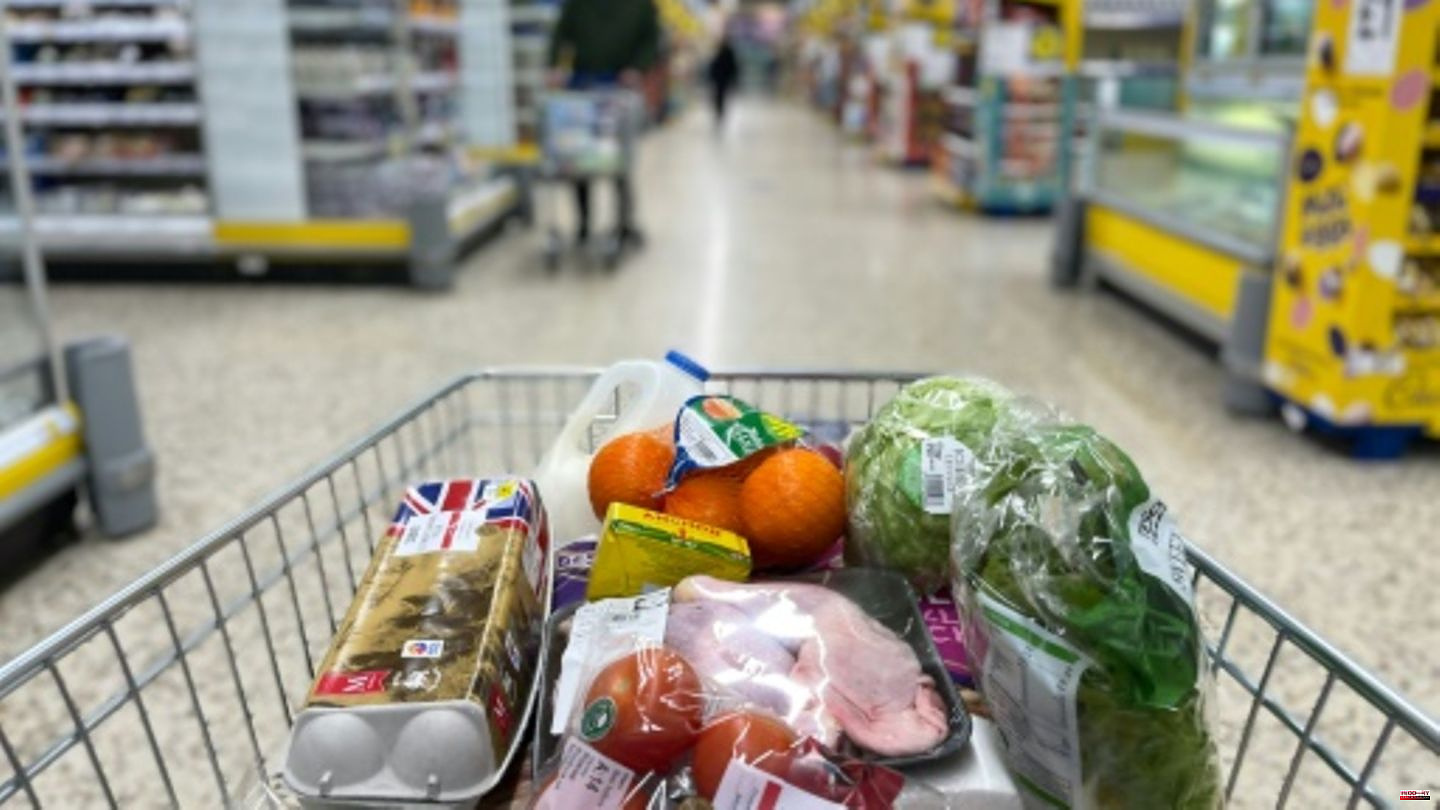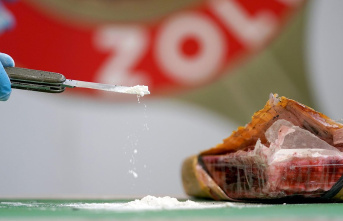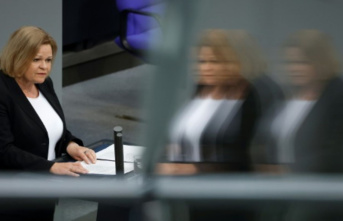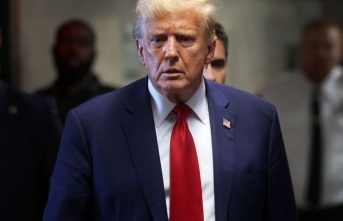Compared to November of this year, prices even fell - by 0.8 percent. The reason for the lower inflation was, among other things, the December emergency aid - the federal government took over the deductions for gas and heat for this month. However, the Federal Office pointed out that the specific effect is still unclear. Details should be available with the publication of the final inflation results on January 17th.
Despite the emergency aid, energy and food were again the price drivers in December. Energy was 24.4 percent more expensive, and food was up 20.7 percent year-on-year. At 3.9 percent, services were well below inflation, while rent for apartments only increased by 1.9 percent.
According to the statisticians, the annual average inflation rate was probably 7.9 percent - that would be the highest value ever measured for the Federal Republic. The highest annual inflation to date was measured in 1951 at 7.6 percent.
The scientific director of the Institute for Macroeconomics and Business Cycle Research (IMK) of the Hans Böckler Foundation, Sebastian Dullien, also attributed the slowdown to the December discount aid and the recently fallen petrol prices. He estimates that the "turnaround in inflation" should now have been achieved with the significant decline. "As long as there is no new, severe energy price shock, we shouldn't see double-digit inflation rates in Germany for the foreseeable future," explained Dullien.
For the coming year, the IMK anticipates inflation of only around five percent. The price brakes for electricity and gas that will then take effect should have a dampening effect in the coming months. There are also signs of relaxation in food prices. Food prices have already fallen on the world market and in wholesale. This could soon reach end users.
The KfW chief economist Fritzi Köhler-Geib explained that the development should also support the economy. However, it would be "a mistake if the ECB were tempted to end the tightening of monetary policy prematurely," she said, referring to the European Central Bank.
ING economist Carsten Brzeski said that despite the slowdown towards the end of the year, inflation remains one of the biggest economic concerns of the new year. It will be a "long and difficult" road to permanently push them down. Nevertheless, double-digit rates should initially be a thing of the past. For 2023, the institute expects a rate of six percent. The ECB is targeting two percent inflation.












